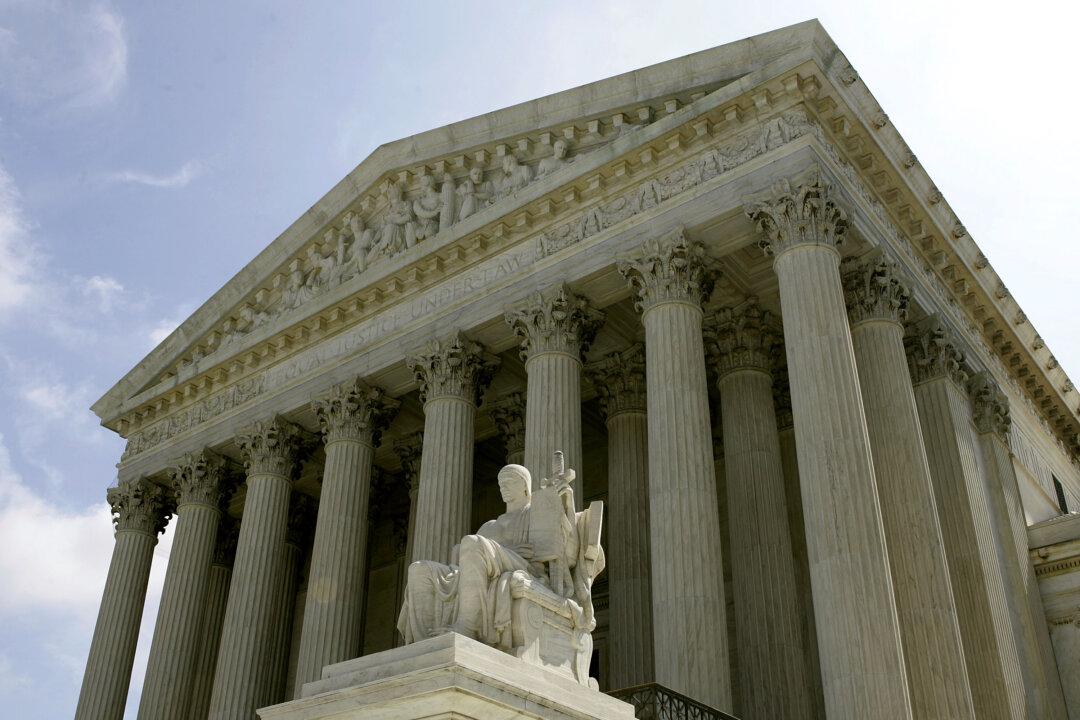The Supreme Court unanimously ruled against a former Michigan college student who sued police officers for beating him after mistaking him for a criminal suspect, finding on technical grounds that his claim was barred by the Federal Tort Claims Act.
The case is Brownback v. King, court file 19-546. The high court’s opinion, dated Feb. 25, which overturned a decision by the 6th Circuit Court of Appeals, was written by Justice Clarence Thomas. Justice Sonia Sotomayor filed a separate opinion concurring with the result.





